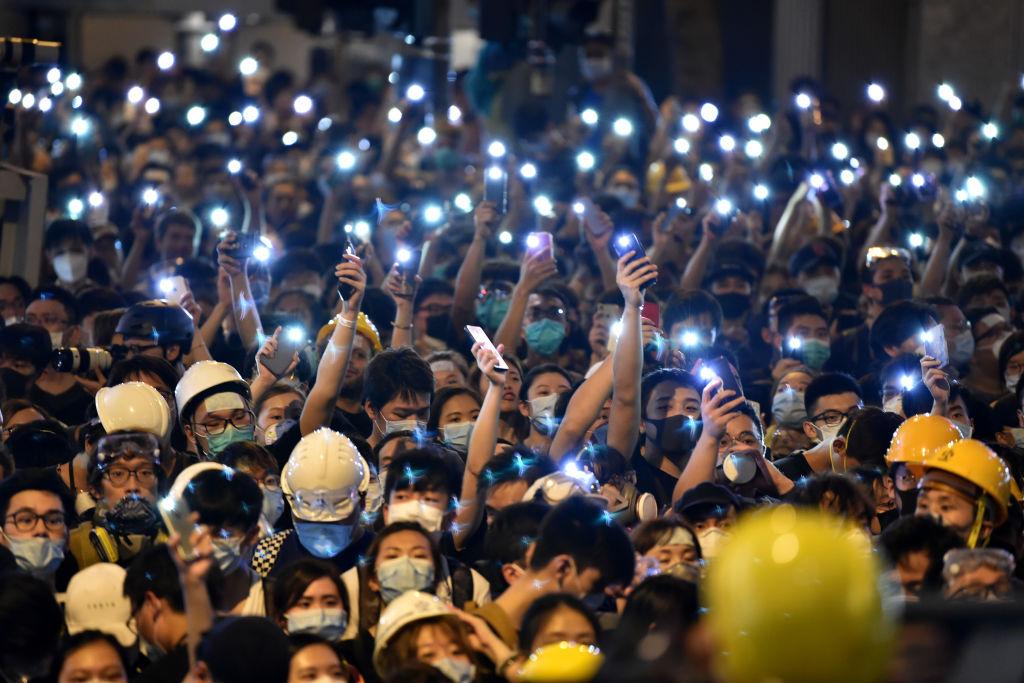Authorities in mainland China have begun to detain Chinese netizens who express any online support for Hong Kong protests against a government extradition proposal, as continuing demonstrations in the city have stoked worldwide interest.
Many Hongkongers are worried that if the bill were to pass, Beijing could potentially pressure the city government to hand over citizens of any nationality to face trial in the Chinese regime’s courts under false pretenses. They also perceive the measure as further evidence of Beijing eroding Hong Kong’s autonomy since the territory reverted from British to Chinese rule in 1997.




